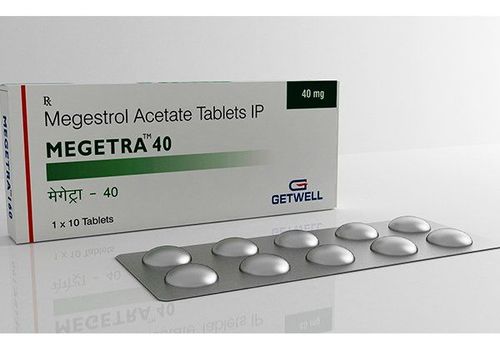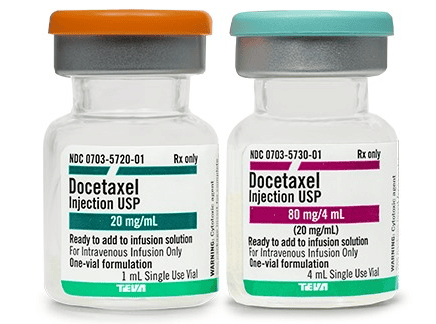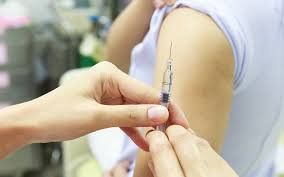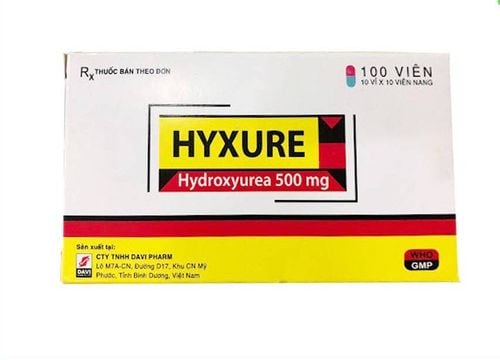This is an automatically translated article.
The article is professionally consulted by Dr. Le Thi Huong - General Doctor - Department of Examination - Vinmec Times City International Hospital
Cervical cancer is one of the few cancers that is almost completely preventable. The death rate from the disease has more than halved in the past few decades. Cervical cancer has the potential to avoid human papillomavirus, or HPV, sexually transmitted.
1. HPV virus and cervical cancer
HPV is the leading cause of cervical cancer, although it does not always cause the disease. Many people get HPV and don't get cervical cancer. But the vaccine targets some of the deadliest strains of HPV. And gynecologists routinely perform cervical cytology, which can detect almost all cases of cervical cancer from an HPV screening test.
That's why it's important to have an annual visit with your Gynecologist for a Pap test or for HPV so that abnormal cells can be detected in the cervix before cancer begins.
There are two types of cells in the cervix (the lower part of the uterus that connects to the vagina): squamous cells and glandular cells. Between 80% and 90% of cervical cancers start in squamous cells (squamous cell carcinoma). The rest start in glandular cells and are called adenocarcinomas.
Early-stage cervical cancer rarely has any symptoms. You may not know something is wrong until the cancer is more advanced. Afterwards, you may experience unusual vaginal bleeding or discharge, or pain during sex. Fortunately, screening tests can detect cervical cancer and the HPV virus that usually causes it very early on.
Also, cervical cancer grows slowly. It usually takes several years for a normal cervical cell to turn cancerous. Detecting and treating precancerous cells is the best way to prevent cervical cancer.
2. Tests in cervical cancer
2.1 Pap Test Pap test is your first line of defense against cervical cancer. During a pelvic exam, your gynecologist will take a sample of your cervical cells to look for cells that could become cancerous. It's also possible that those precancerous cells may never become cancerous, but it's best to find out and remove them just to be safe.
If you have an abnormal Pap test, your doctor will do more tests to get a closer look at the cervix and take more tissue from the cervix for a biopsy. Identifying precancerous cells will allow treatment to prevent them from becoming cancerous.
There are several ways a doctor can remove precancerous cells. Usually, they can physically remove the tissue with a cone biopsy or destroy it with laser treatment or cryosurgery (freezing). These treatments are very effective. If your Pap test shows cancer cells, your doctor will do more tests to see what stage the cancer is in. Surgery, radiation, and chemotherapy are all treatment options, and success rates will depend on how early the cancer is found.
It is important to have regular Pap tests. The American College of Gynecologists (USPSTF) recommends that starting at age 21, women should have a Pap test every 3 years until age 65.
If you are 30 to 65 years old, you can add high-risk HPV testing and extend screening to every 5 years. Or continue testing every 3 years with only a smear test . If you're older than that, you can stop testing if you don't have any abnormal cervical smear tests during your routine checkup.
2.2 HPV testing The HPV test is used in conjunction with the Pap test as a way to enhance cervical cancer detection. Because cervical cancer is tied to HPV, it shares many of the same risk factors. The more sexual partners you have and the earlier you start having sex, the more likely you are to get HPV and cervical cancer.
Low-risk HPV types cause genital warts, while high-risk HPV types, such as HPV types 16 and 18, cause cancers of the cervix as well as vulva, vagina, penis, and mouth and throat. But being infected with HPV does not mean you will get cervical cancer.
Recommended screening with only high-risk HPV testing or a combination of Pap and HPV testing every 5 years for women over 30 years of age. This combination is called screening and is the best way to detect cervical cancer early.
2.3 HPV Vaccine There are more than 100 types of HPV, but two of them (types 16 and 18) cause more than half of all cervical cancers. The HPV vaccine protects against these two types.
The ideal time to get the HPV vaccine is before you have sex. So they are available for children starting at 9 years old. Experts recommend that boys, girls and women get the HPV vaccine between the ages of 11 and 26 to protect them from HPV infection.
This vaccine against HPV is given in three doses over about 9 months. For children who start any HPV episodes when they're under 15 years old, they only need two doses instead of three. Although this vaccine is usually given before age 26, it is approved for use until age 45.
2.4 Other risk factors Family history is also a high risk factor if your mother or sister has cervical cancer you are 2-3 times more likely to develop this disease than the case they don't get sick.
Age is also a consideration as most women with cervical cancer are between the ages of 20 and 50. If you are a smoker, you are twice as likely to develop cervical cancer as someone who is not. smoke. The researchers think that tobacco by-products may initiate the cell changes that cause cancer to grow.
Other things that increase your chances of getting cervical cancer include:
Long-term use of birth control pills Three or more full-term pregnancies A weakened immune system First pregnancy before age 17 What you can do what else If you're sexually active and too old to be vaccinated, your best defense is to stick to your routine gynecological exams.
You are also less likely to get HPV if you have fewer sexual partners. Ideally, they also won't have many sexual partners, so they're less likely to expose you to HPV.
Exercise daily and have a reasonable weight. Eat lots of fruits and vegetables Don't use birth control pills for a long time (if it suits your family planning) Don't smoke To meet women's gynecological cancer screening needs Currently, Vinmec International General Hospital offers a screening package and early detection of gynecological cancer, helping to detect 4 diseases early: cervical cancer, breast cancer, uterine cancer and ovarian cancer even when the patient has no symptoms.
The subjects who should use the Gynecological Cancer Screening and Early Detection Package include:
Female customers, over 40 years old Customers wishing to be able to screen for pathology of breast-gynecological cancer (neck) uterus, uterus, ovaries) Customers with high risk of cancer – especially customers with a family history of breast cancer, gynecology Women of reproductive age, perimenopause Menopause and menopause Women are having symptoms of breast cancer, gynecological such as: pain in the breast, lump in the breast, bleeding outside the menstrual period, pain in the abdomen, etc..
Please dial HOTLINE for more information or register for an appointment HERE. Download MyVinmec app to make appointments faster and to manage your bookings easily.














